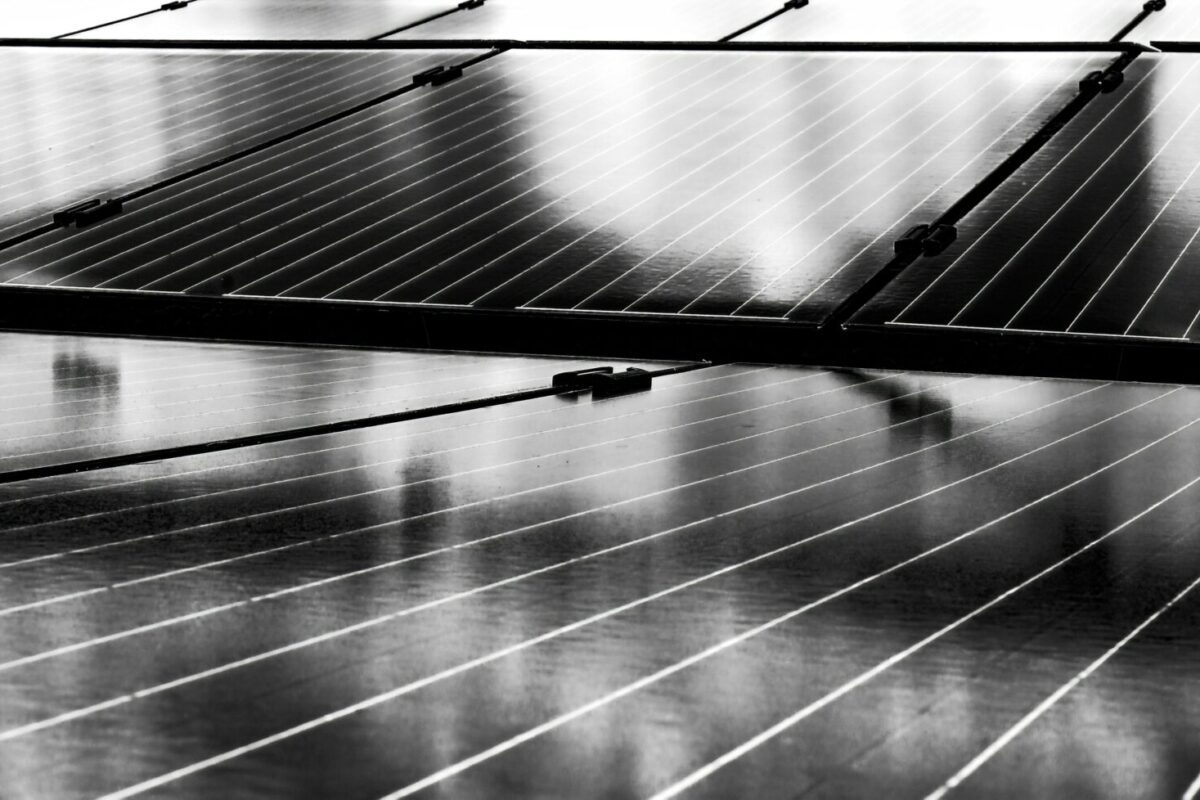A report published today by sustainability thinktank Carbon Tracker estimates five new gas plants being planned in Poland will leave taxpayers on the hook for billions in subsidies when solar and energy storage could offer better value.
The London-based not-for-profit has estimated solar generation capacity would be consistently cheaper to develop than natural gas plants over the next five years and said the solar-plus-energy-storage systems which would enable PV to offer the sort of peak-energy-demand back-up power supply for the grid gas can boast, would be cheaper than the fossil fuel option within two years.
Carbon Tracker's Poland's Energy Dilemma report has estimated the levelized cost of energy (LCOE) to be generated by five natural gas plants planned by Warsaw over the next five years: the Dolna Odra I and II units planned for next year, each of which will have a generation capacity of 717MW; the 750MW Ostrołęka C plant in 2025; the 800MW Rybnik facility to be fired up the following year; and the 750MW Grudziądz project which is due to start generating in 2027.
Solar and sustainability
Glancing at the bar charts Carbon Tracker uses to compare its anticipated electricity price from the gas plants with its expectations of renewables and energy storage facilities, the thinktank suggests a solar electricity LCOE of around $0.055/kWh would rise to around $0.094/kWh in conjunction with the energy storage tech which would allow the equivalent PV generation capacity to be able to come online and supply power during peak demand periods – the “peaker” capacity offered by the planned gas facilities.
That solar-plus-storage cost would be marginally higher than the $0.092/kWh Carbon Tracker suggests for the LCOE of electricity to be generated by the 1.43GW Odra plants planned to enter service next year.
By the second year of service for those facilities, however, the roughly $0.050/kWh electricity cost Carbon Tracker expects of Polish solar would rise to only $0.088/kWh with energy storage expense added, making that option cheaper than the $0.092/kWh price the London group estimates the electricity to be generated by Ostrołęka C would cost, in 2025. In fact, Carbon Tracker expects new solar-plus-storage facilities in Poland to undercut gas peaker plants in 2024.
The economic mismatch will become more pronounced in 2026, when the Rybnik gas plant is due to enter service, producing electricity for an estimated $0.091/kWh, according to Carbon Tracker, versus a Polish solar LCOE of around $0.049/kWh and a solar-plus-storage estimate of $0.081/kWh.
By the time the Grudziądz gas project is due to be fired up, five years from now, Carbon Tracker has predicted the $0.093/kWh cost of its electricity will be even more expensive than offshore wind plants coupled with energy storage, and well ahead of a solar-plus-storage LCOE estimate of around $0.0795/kWh which includes a Polish solar power cost of $0.048 or so.
Taxpayer subsidy
If Carbon Tracker's predictions prove to be accurate, capacity market payments made by Warsaw to the owners of power plants which can be fired up as needed to provide extra generation capacity – and which the London not-for-profit has described as “much more generous” than in other EU nations – would leave Polish taxpayers on the hook for almost $4.5 billion to subsidize the planned gas plants.
On top of that, the Carbon Tracker report pointed out, net-zero climate change requirements would require the new power plants to be shuttered after an average of only seven years, at an additional cost of around $200 million to the Polish taxpayer.
This content is protected by copyright and may not be reused. If you want to cooperate with us and would like to reuse some of our content, please contact: editors@pv-magazine.com.




By submitting this form you agree to pv magazine using your data for the purposes of publishing your comment.
Your personal data will only be disclosed or otherwise transmitted to third parties for the purposes of spam filtering or if this is necessary for technical maintenance of the website. Any other transfer to third parties will not take place unless this is justified on the basis of applicable data protection regulations or if pv magazine is legally obliged to do so.
You may revoke this consent at any time with effect for the future, in which case your personal data will be deleted immediately. Otherwise, your data will be deleted if pv magazine has processed your request or the purpose of data storage is fulfilled.
Further information on data privacy can be found in our Data Protection Policy.